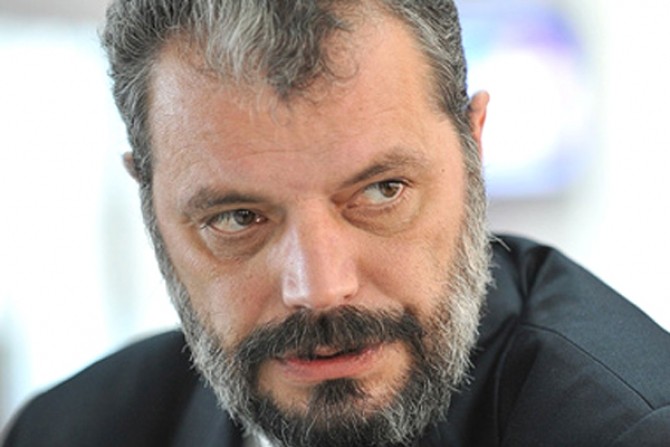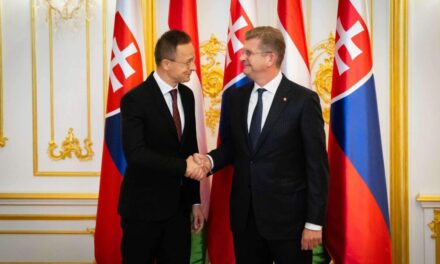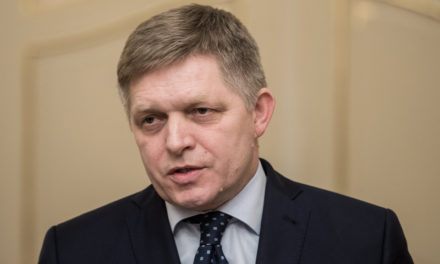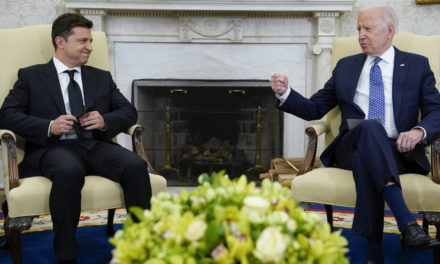I understand that you feel helpless at times. I also understand that people are angry at such times: the feeling of helplessness can trigger strong emotions. Also from people who do not relate to the surrounding reality on an emotional basis anyway.
On the other hand, I am unable to understand why, if we are right or wrong, because of our grievances, we act on the basis of our emotions, why, when the attack is over, we cannot say: sorry, we threw the millstone and in the meantime we did not look where the heavy stone flew, who knows where it stopped and who how to find.
Péter Eckstein-Kovács, who has a long history in politics and public life, published a short post on Facebook the other day, in Hungarian and Romanian, and a photo depicting RMDSZ president and deputy prime minister Kelemen Hunor, as he is speaking at the Fidesz congress.
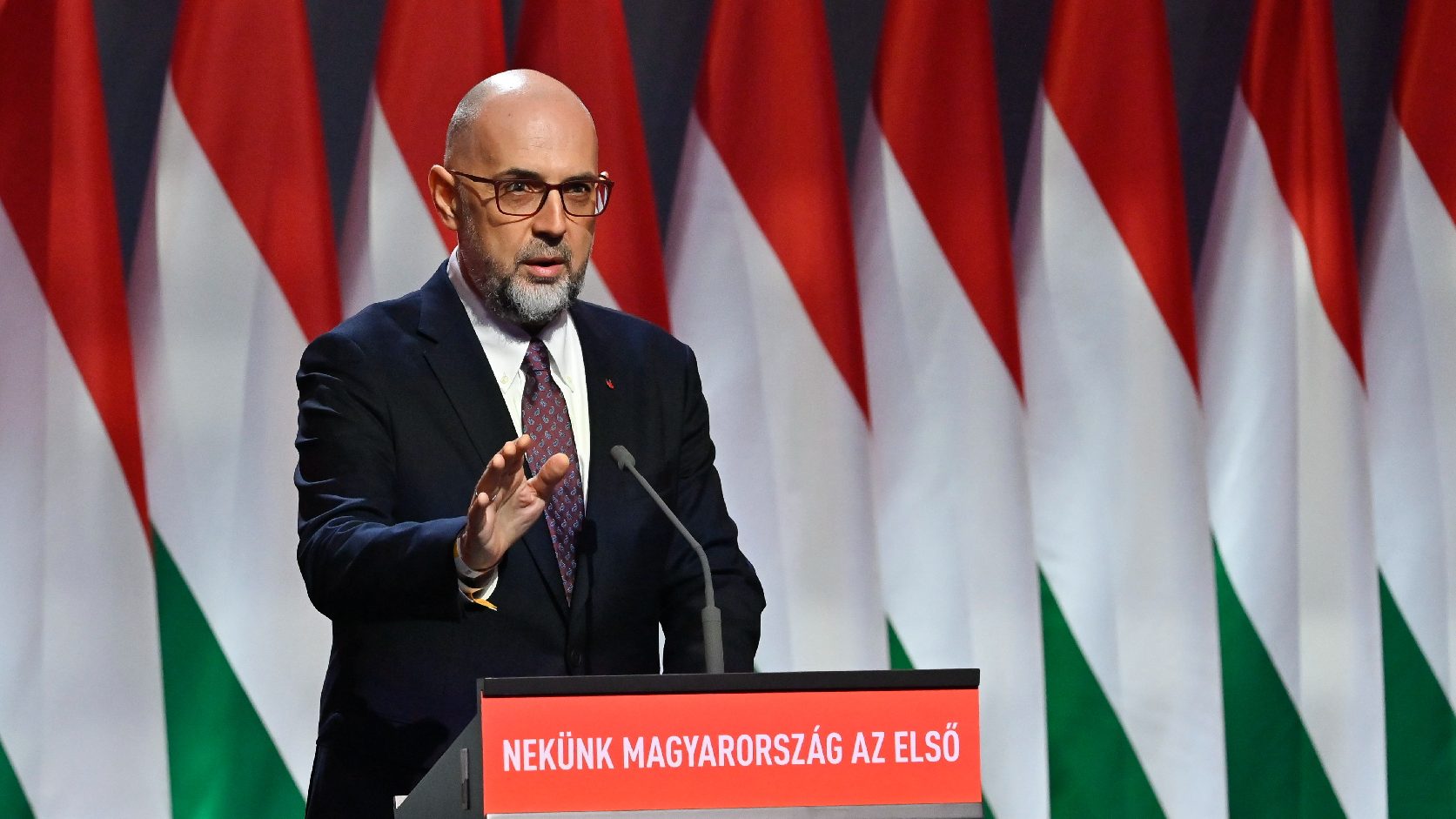
Kelemen Hunor / hirado.hu
The president stands behind a pulpit with the inscription: For us, Hungary comes first! And the text of the post (in Hungarian and in a somewhat sloppy Romanian translation): "Deputy Prime Minister of Romania behind the slogan: For us, Hungary is first!"
Well, I understand that Péter Eckstein-Kovács (and others too) is frustrated by the Hungarian political reality, across the border and from here. I also understand that Péter Eckstein-Kovács (and others) feel powerless in the given situation. And also that he gets carried away by the anger that comes from helplessness.
But I can't understand why, after the attack is over, he can't say: I'm sorry, I threw the millstone a little too far. I didn't look at where that particular millstone stopped and who it found. Because even if there wasn't a terrible war next door, the European, and regional geopolitical balance wouldn't be so shaky, this photo post would still go astray (as is clear from some of the comments below the post), namely in the direction of which the Romanian authorities like to take advantage of, in fact, the president of the pseudo-minority state of Romania took advantage of in that far-fetched political performance (when there was no war or anything extra, apart from the pandemic): the Hungarian community in Romania is playing abroad, playing for abroad, in fact, play through Transylvania.
As an illustration of the completely absurd message, here is another picture that I also saw in the comments under the post.
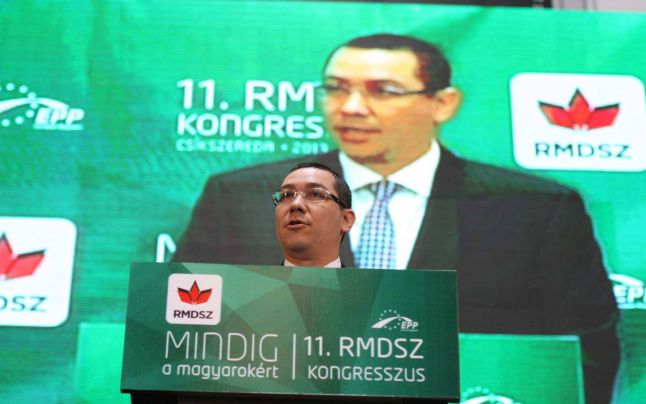
Victor Ponta / Main Square
The picture depicts the then Prime Minister of Romania, Victor Ponta, who attended the 11th Congress of the RMDSZ in 2013 as an invited guest. The prime minister is also standing behind a pulpit (where would he stand, in the corner?), on which the following inscription is read: Always for Hungarians! Whoops, so - in Eckstein's reading - Romanian Prime Minister Victor Ponta always stands up for the Hungarians, always acts for the Hungarians, always rises, lies, lives and dies for the Hungarians. I don't think there's any point in arguing any further: the association is so absurd that even the authorities would laugh themselves sick if someone seriously posed it to them as, I would say, a national security risk.
A word like a hundred: this message went very, very wrong. The author targeted political forces and sides that were not sympathetic to him (there is absolutely nothing wrong with that, in fact!), but unfortunately he found his own community full of it. I hope that Péter Eckstein-Kovács, who looks back on a great political and public history, will realize this sooner or later. Because useful idiocy is useless in any case, and in this case it is also harmful. Even if the path you've just taken is paved with good intentions.
Jean St'ay / Main square
Featured image: Maszol.ro

